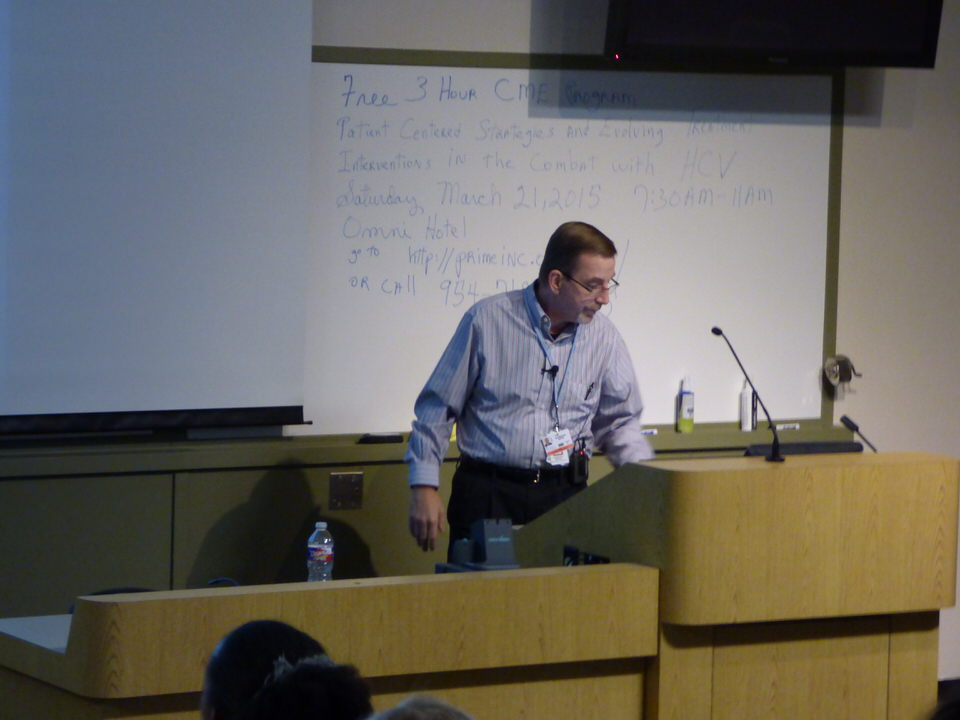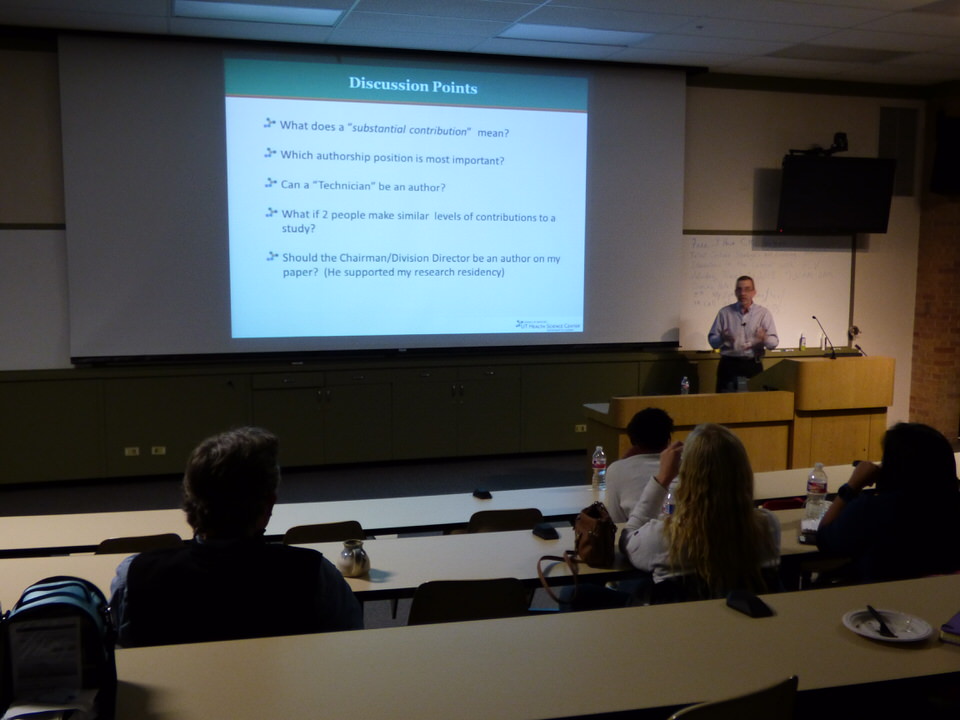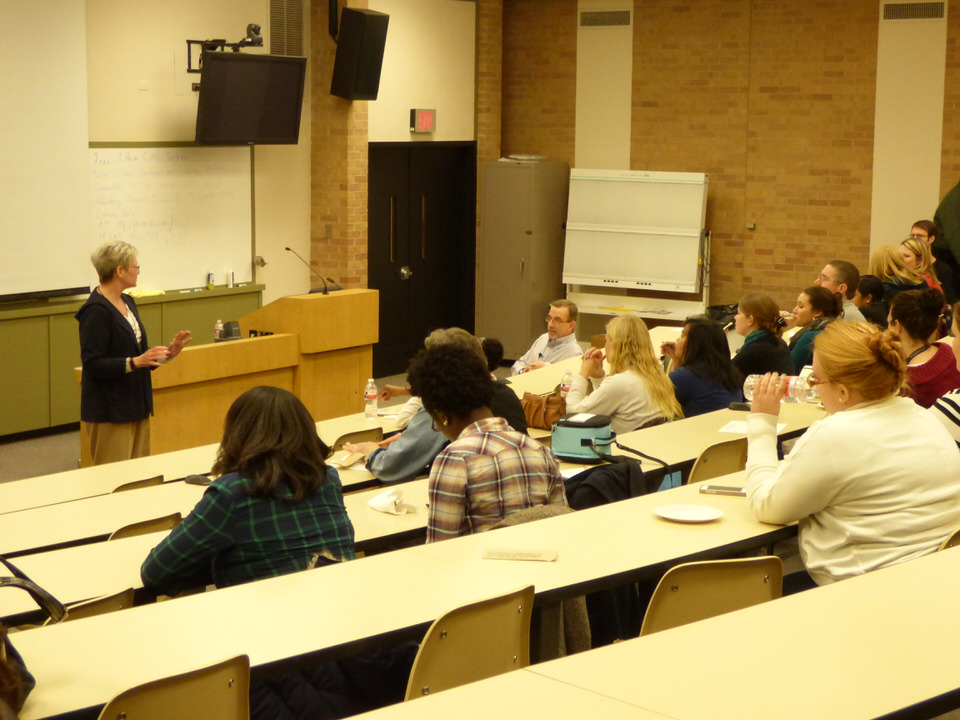The Ethics of Authorship in Scientific Publications: Who Wrote This Paper Anyway?

 “The main reason authorship is important because it’s how we are graded as scientists and therefore it is desirable to be an author,” explained Dr. Martin Schwacha, faculty member in the Department of Surgery and speaker of Feb. 24 seminar for the Spotlight on Research Integrity.
“The main reason authorship is important because it’s how we are graded as scientists and therefore it is desirable to be an author,” explained Dr. Martin Schwacha, faculty member in the Department of Surgery and speaker of Feb. 24 seminar for the Spotlight on Research Integrity.
The seminar, “Who Wrote This Paper Anyway? The Ethics of Authorship in Scientific Publications,” reviewed the criteria for authorship along with tips on how to avoid authorship disputes.
Dr. Schwacha explained that in academia, papers are considered currency and are often used as an important metric in determining job security, promotions, and grants.
“Your advancement, your success, and your productivity are being measured by this,” he said. “Publications are the way that we are graded but it’s also how we tell the world what we’re doing what we want people to know.”
As a result of the important role that authorship plays in career development, Dr. Schwacha explained that it’s important for graduate students to learn about research ethics early.
 “People especially early in their career may not know that there are guidelines by which journals and authors follow. It’s especially important for graduate students and post docs because they are still very junior,” Dr. Schwacha said. “I don’t think they necessarily know that there is a mechanism by which you do this.”
“People especially early in their career may not know that there are guidelines by which journals and authors follow. It’s especially important for graduate students and post docs because they are still very junior,” Dr. Schwacha said. “I don’t think they necessarily know that there is a mechanism by which you do this.”
Jennifer Parrott, a Ph.D. candidate in the Department of Pharmacology, explained that it’s important for her to understand how the authorship process works.
“It may seem like a simple concept, however authorship can result in major issues if not handled properly,” Parrott said. “Retractionwatch.com is a good example of this.”
Dr. Schwacha explained that one of the ways to avoid conflicts or disagreements is to communicate early on so that people know where they stand and what their expectations are.
“Usually when there is a conflict about authorship it’s because no one’s talking to anybody and usually within larger groups, a paper is submitted and you find out later on,” he said. “Then you have to go back and say my name was left out and it should be there because I did XYZ. These situations are avoidable if you talk about it early on.”
 Parrott explained that the authorship process can be challenging because members can go days even weeks without seeing each other.
Parrott explained that the authorship process can be challenging because members can go days even weeks without seeing each other.
“Open communication and preparation will foster a more expedient writing process,” Parrot said. “This is the age of email and should
be done even when a paper is to be co-written within the same lab.”
Deana Marie Apple, a Ph.D. Candidate in the Biology of Aging Training Program, explained that the seminar taught her about the importance of setting expectations for publications in the laboratory.
“As trainees, we don’t always have the last say in how authorship is determined,” Apple said. “Manuscripts are just as important to trainees as they are to principal investigators, and knowing the rules gives us a head start in getting credit for our work.”
